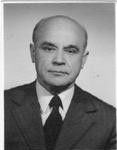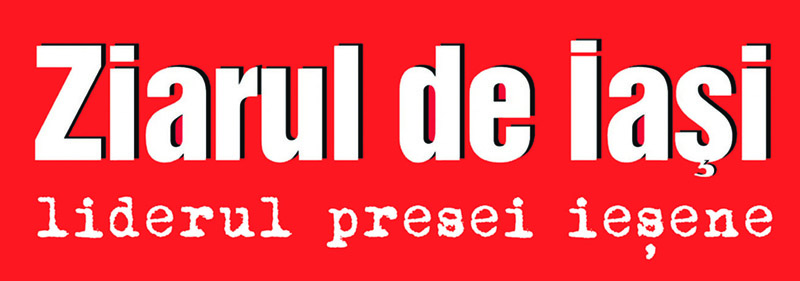 Vasile ABABI – chemist, Doctor of Science, university professor, engineer, mentor of numerous generations of specialists in Chemistry
Vasile ABABI – chemist, Doctor of Science, university professor, engineer, mentor of numerous generations of specialists in Chemistry
Vasile Ababa was born on 1st January 1916 in the village Limbenii Noi, Balti County, Republic of Moldavia, in a family of teachers. He attended primary school in his home village and high school at Ion Creanga High School Balti. Between 1936 and 1942 he attended the Faculty of Industrial Chemistry of the Polytechnic Institute of Iasi, obtaining the diploma of chemical engineer with Magna Cum Laude.
Professor Vasile Ababa began his career on 1st December 1942 when he began teaching a new discipline – Organic Chemical Technology – at the Polytechnic Institute of Iasi. After covering all hierarchy levels he became a full-(time) professor (1951), teaching General Chemical Technology at the Faculty of Chemistry, Alexandru Ioan Cuza University of Iasi. In 1956 he took his doctoral degree and in January 1958 he was granted the right to be doctoral supervisor in Technological Chemistry. In 1971 he was awarded the Doctor of Science degree.
During 1949 and 1980 Professor Vasile Ababa held various administrative positions: director of studies at Alexandru Ioan Cuza University of Iasi, Dean of the Faculty of Chemistry, Alexandru Ioan Cuza University of Iasi, Rector of Alexandru Ioan Cuza University of Iasi and Dean of the Faculty of Industrial Chemistry, Technical University of Iasi. He contributed to the moulding of dozens of generations of experts and gathered around him devoted and passionate disciples who, convinced of the importance of Chemical Technology for the development of society, continued his example. Professor Vasile Ababa was a member of Chemistry science societies in Romania and abroad. In recognition of his work, he received numerous awards and national distinctions.
Professor Vasile Ababa’s entire activity recommends him as a first class personality of Romanian chemical education. Professor Vasile Ababa is a role model, being a true teacher, a highly competent researcher with superior moral conduct, an inexhaustible source of scientific information, an example of abnegation and of the true willingness to put science research results into practice.











